Arising early the next morning armed with the
correct gen for exactly where we needed to go to access the Souss Massa National
Park, we headed south once more, making good time and arriving shortly after
dawn. This time locating the car park with ease and feeling happier that our possessions
were safely stored in the hotel instead of waiting temptingly in the boot, we
set off down the track heading above the winding river below.
Almost immediately
we locked on to an exquisite male Moussier’s Redstart feeding just outside the
car park, a particularly tolerant individual that came to within a few feet of
where we were crouching behind the low-lying shrubs. It seems different birds
definitely have different tolerance levels and vary in approachability – this one
was most certainly the most photogenic we encountered, completely unperturbed
by our presence and a dream to watch.
 |
| Moussier's Redstart - my star bird of the trip! |
With Alex having to tear me away, we started
our search for the Tchagras, a Wryneck perching at the top of one of the trees
looking a little out of place, being more used to seeing them in an autumnal
Hawthorn bush on the east coast than in the spring, while a number of Linnets,
Goldfinches and Greenfinches chattered in the shrubs below.
 |
| The sandy track and patch of ground the Tchagras favoured |
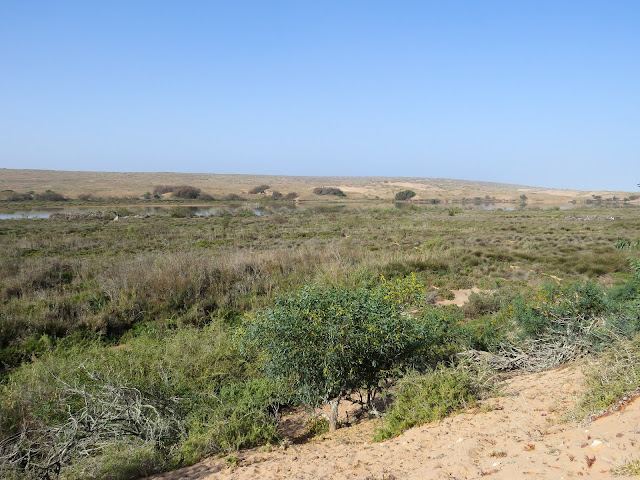 |
| The view of the river below |
Finally, around halfway along the track we
heard what we were searching for, the bizarre fluty sound of a Black-crowned
Tchagra emanating from the low down trees. After a fair bit of patience and waiting,
we eventually caught sight of what is a rare bird in the Western Pal, as one
fine Tchagra peered back at us through the branches.
 |
| Black-crowned Tchagra - peeking from bush |
Exploring the track a
little further revealed another two birds, each elusive but with one individual
allowing prolonged views as it foraged on the ground before flitting from shrub
to shrub, eventually posing long enough for some non-blurred photos.
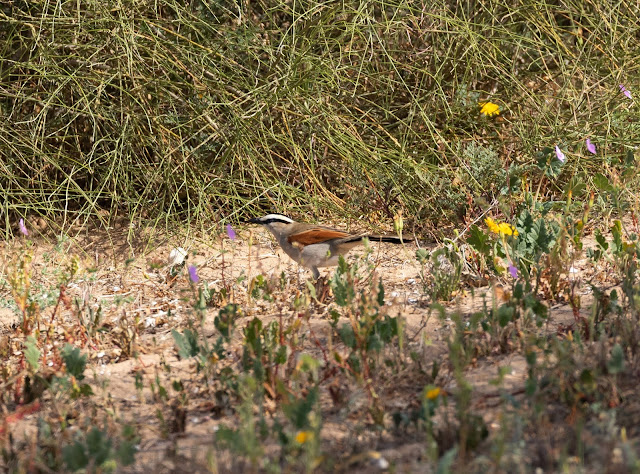 |
| We eventually got views on the ground |
 |
| Before showing well on an open branch |
 |
| Laing's Short-tailed Blues enjoyed the sandy ground at Souss Massa |
Having already achieved views of the Northern
Bald Ibis at Sidi Wassay, we didn’t make the treck down to the breeding colony
at the distant estuary, instead heading back to the car park and relishing more
time with the showy Moussier’s Redstart as Alex enjoyed a spot of lunch in the
shade.
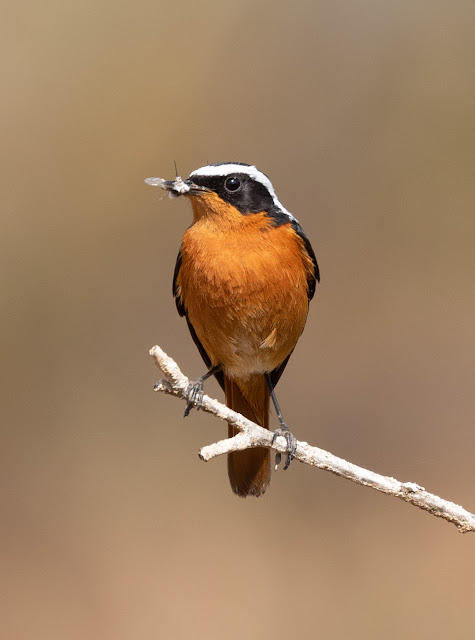 |
| Moussier's Redstart - the most confiding individual we came across |
I could have willingly stayed all day with this bird, but after some
persuasion from Alex I tore myself away to have another crack at the
Brown-throated Martins at Oued Massa, to try and improve on our photos from the
previous day.
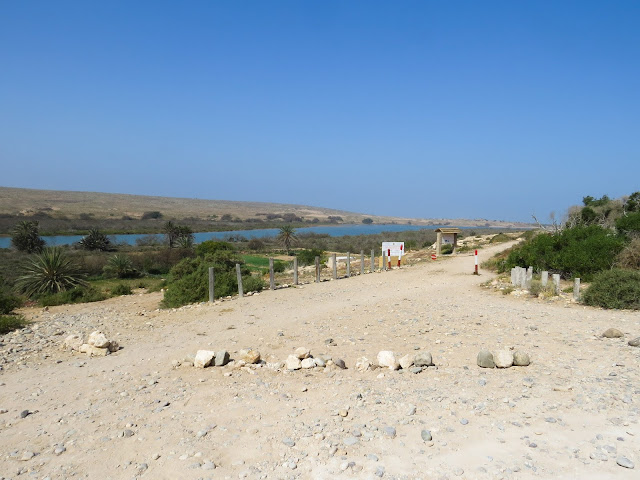 |
| The entrance to the reserve and the Moussier's Redstart's favoured territory |
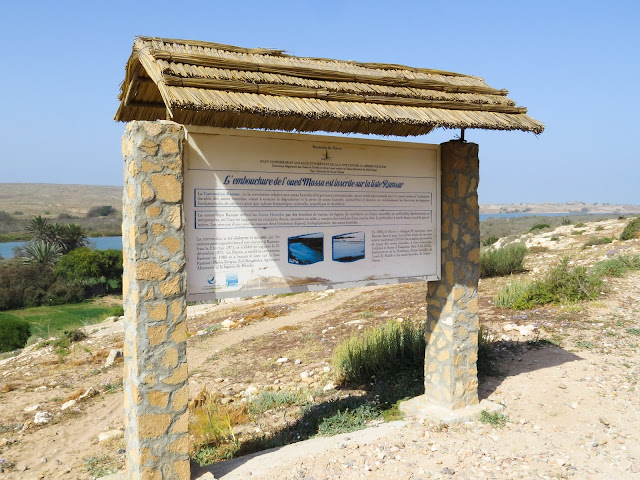 |
| The famous Souss Massa - a Ramsar site and thus protected |
The road back out of the National Park was particularly rich in
birds, the lush green fields more than likely providing a plethora of insect
food, and we quickly notched up another three Moussier’s Redstarts, several
pairs of Stonechat and a small flock of Common Bulbuls and Spanish Sparrows in
the long grass. Our first Blue Rock Thrush foraged quietly on the side of one
of the exposed cliffs, while a pale marked Subalpine Warbler briefly had us
questioning Tristram’s.
 |
| We enjoyed watching this Mediterranean Spur-thighed Tortoise ambling through the farmland fields next to the track out of Souss Massa. |
 |
| The view of the Oued Massa from the track out of Souss Massa National Park |
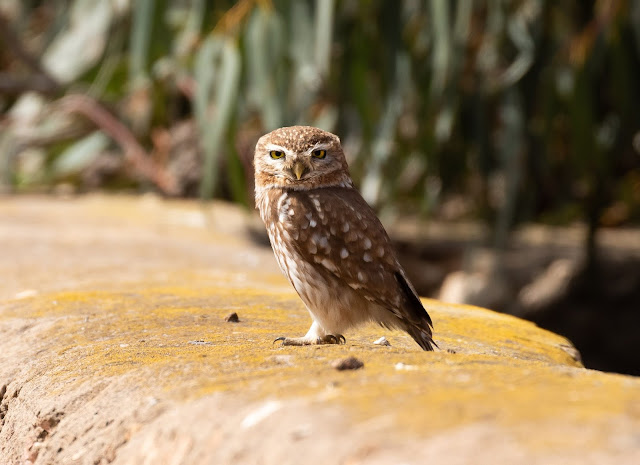 |
| Desert Little Owl |
Another Desert Little Owl showed well on one of
the nearby square stone buildings, and arriving back at Oued Massa it wasn’t long
before we’d relocated the hirundine flock, once more powering over the bridge
and darting through the sky at speed.
 |
| Oued Massa |
Once again, a handful of Brown-throated Martins
were amongst them, and we achieved a few more shots of these subtle little
birds as they weaved and dodged above us.
 |
| Brown-throated Martin - the diffuse brown on the throat and chest is subtle but clear when knowing what to look for, with no obvious band or line |
 |
| Sand Martin for comparison - the bold chest band is obvious |
 |
| The famous Brown-throated Martin bridge |
Zitting Cisticolas and Sardinian
Warblers serenaded us as we stood, while a showy Great Spotted Cuckoo put on a
bit of a display down one of the side tracks – another location that was once again
rich in avian life. A Crested Lark also showed incredibly well at the side of the road allowing for some close up photos and after a lot of deliberation with Alex's friend Stephen, we decided on Crested on the ID as opposed to Thekla due to the bill structure, breast markings and eye patterns.
 |
| Great Spotted Cuckoo |
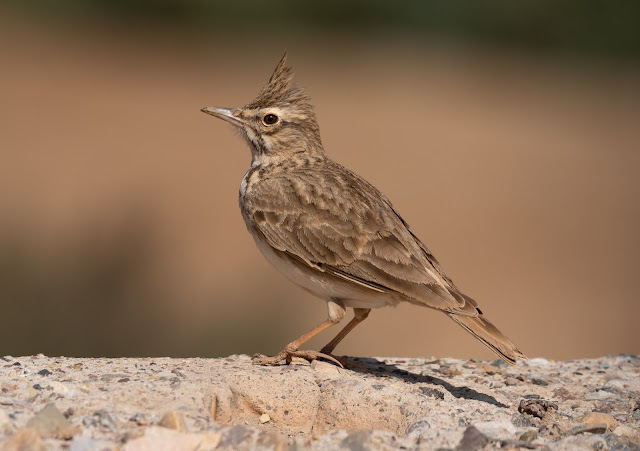 |
| Crested Lark |
It became increasingly striking just how barren
and depressing our UK farmland sites have become, the traditional way of life
and absence of intensive farming and pesticides in Morocco really hitting home
what we have lost back in Britain, birdsong bursting from every corner and
every grassy field teeming with life.
A pair of Cirl Buntings in the crops were my
first of the trip after failing to connect with an individual found by Alex back
at Aurocher, while a family party of Desert Little Owls kept watch and provided
great views as they blinked unfazed at us on the small branches.
 |
| Desert Little Owl |
The ‘wet-my-lips’ call of a Quail buried deep
in the crops remained heard only as it blasted through the grass, while Hoopoes
flitted from perch to post, occasionally dust bathing in the midday sun.
With the afternoon still to spare after mopping
up on the Tchagras, we headed back up to Sidi Wassay in an effort to try and
get some photos of the Northern Bald Ibis – in our excitement the day before
neither of us thought to get a record shot, a bit of a faux pas considering
they are one of the rarest birds in Morocco!
The now obligatory stop at the side of the road
to take more photos of another showy Moussier’s Redstart (I will never tire of
them) also resulted in a scattering of Great Grey Shrikes and Northern
Wheatears on the fence line, the latter being some of the first to return –
careful checks revealed no Seebohm's amongst them, although it was still far too early.
 |
| Moussier's Redstart - another showy bird! |
 |
| A male Western Subalpine Warbler also showed well on one of the many fences |
Remarkably, stopping the car next to one of the
few tall buildings in the deserted village, we were amazed to set eyes on two
Northern Bald Ibis roosting on the low rooftop in front of us, providing
incredible views and putting on a real show as they gently preened.
 |
| Northern Bald Ibis |
Much better
than our initial sighting the previous day, it was a relief to be able to get
some photos (we couldn’t really leave Agadir without getting any pictures of
these charismatic birds!) and after a good 20 minutes watching we left the
birds in peace - slightly surreal to be seeing them in human settlement as
opposed to their normal rugged clifftop haunts.
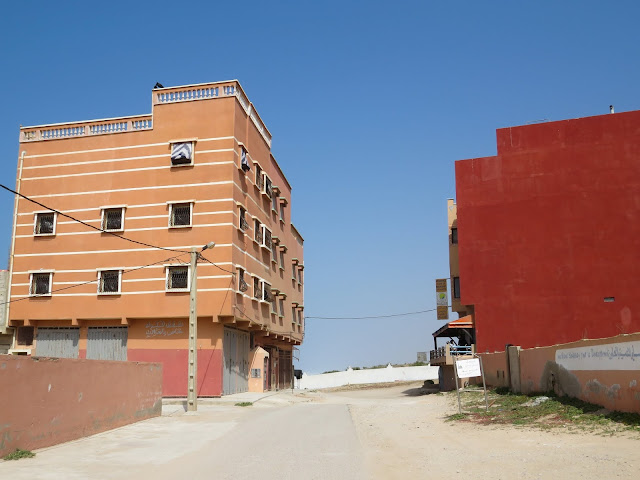 |
| Sidi Wassay - not the habitat you'd expect for Northern Bald Ibis! |
Checking out the small track next to Oued Massa
one final time before dark, we picked up a few more Brown-throated Martins
before the darkness set in, a Subalpine Warbler flitting between the rushes
before roost a nice finish to the day. With our targets for this area now well
and truly in the bag we retreated back to the hotel happy, ready to tuck in to
a dish of traditional lamb tagine before planning our route for tomorrow.



























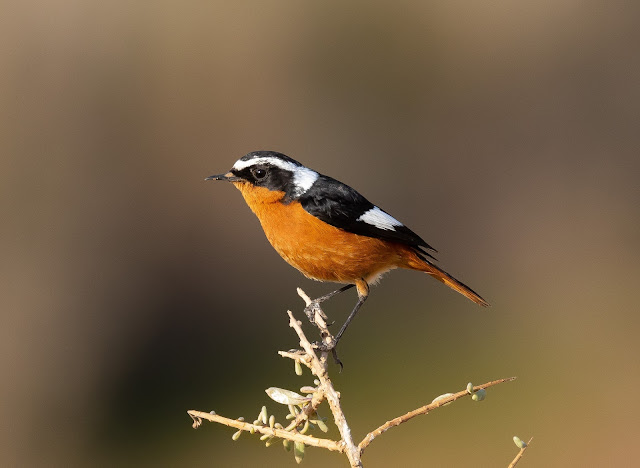
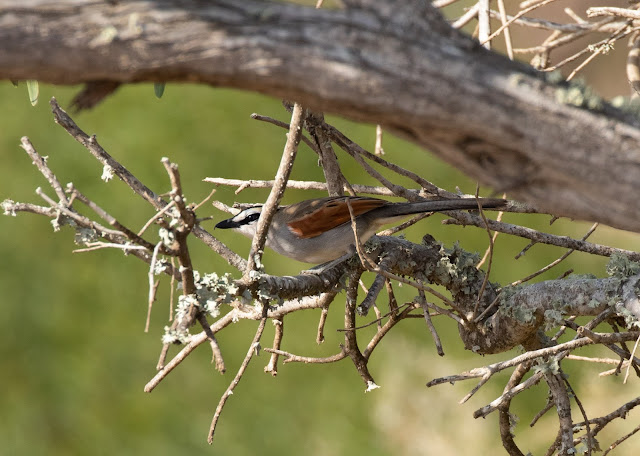




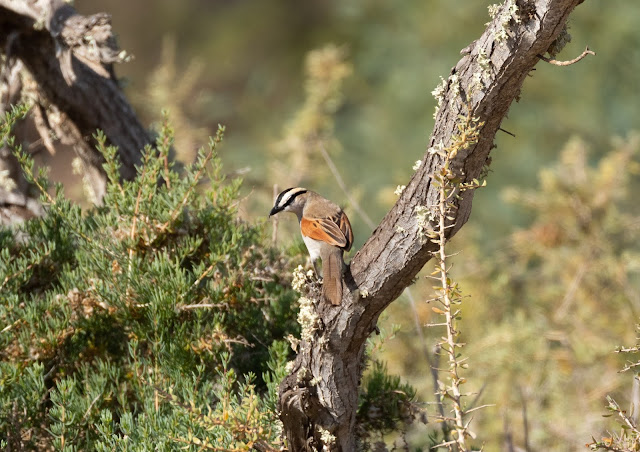

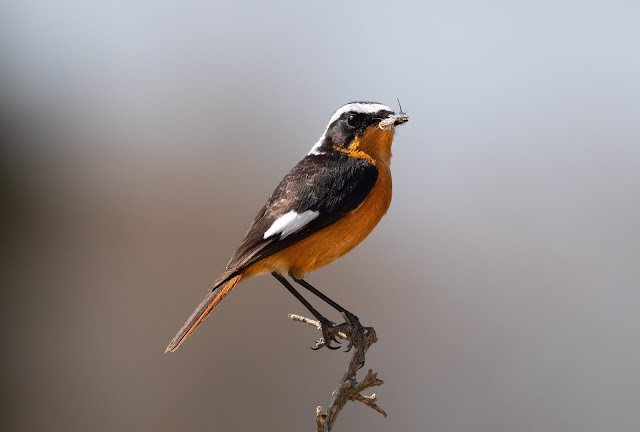


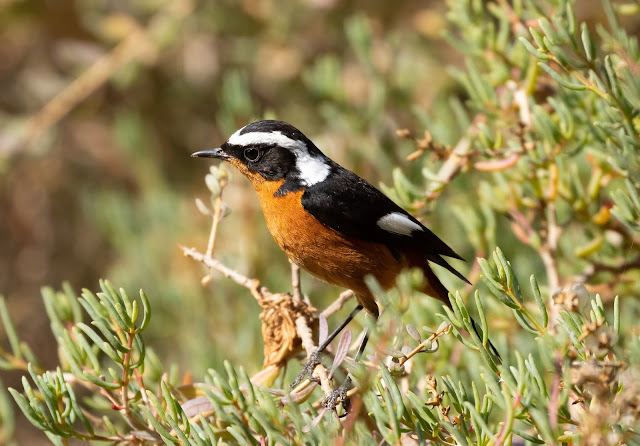

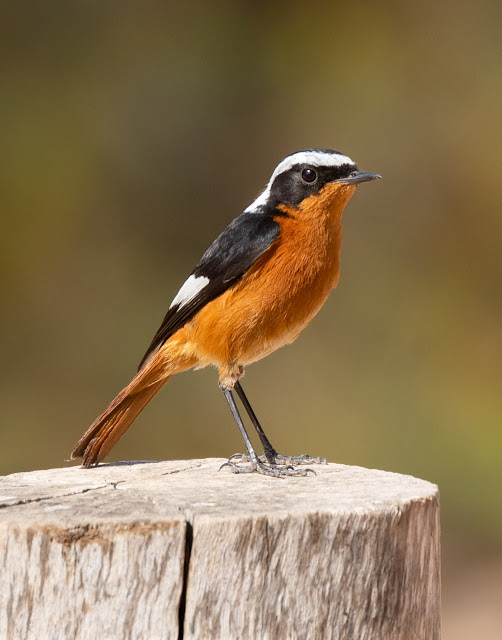









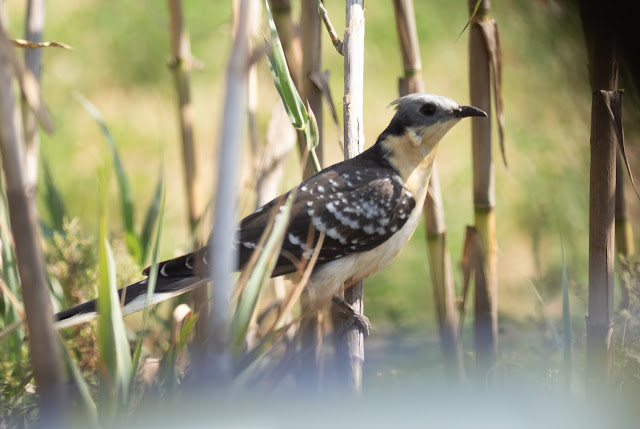




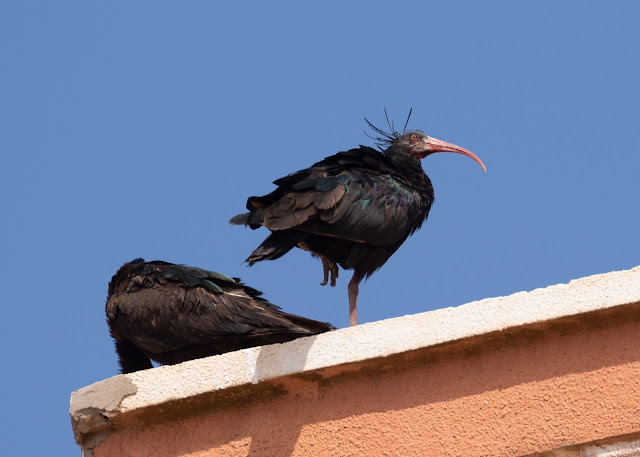


A 10-Day Adventure in the Heart of North Africa I recently had the opportunity to embark on a 10-day birding trip to Morocco, and it was an unforgettable experience. The country is home to an incredible diversity of birdlife, from the majestic Atlas Mountains to the lush Souss Massa National Park. On our trip, we were fortunate to see over 200 species of birds, including some of Morocco's most iconic birds, such as the Moroccan imperial eagle, the Eleonora's falcon, and the white-tailed eagle. We also had the opportunity to visit some of the country's most beautiful landscapes, including the Ouarzazate Desert, the Todra Gorge, and the Erg Chebbi Dunes. Our trip was a great success, and I would highly recommend it to anyone interested in birding in Morocco. If you want to visit Leh Ladakh Read this Blog Leh Ladakh Package For Couple
ReplyDelete